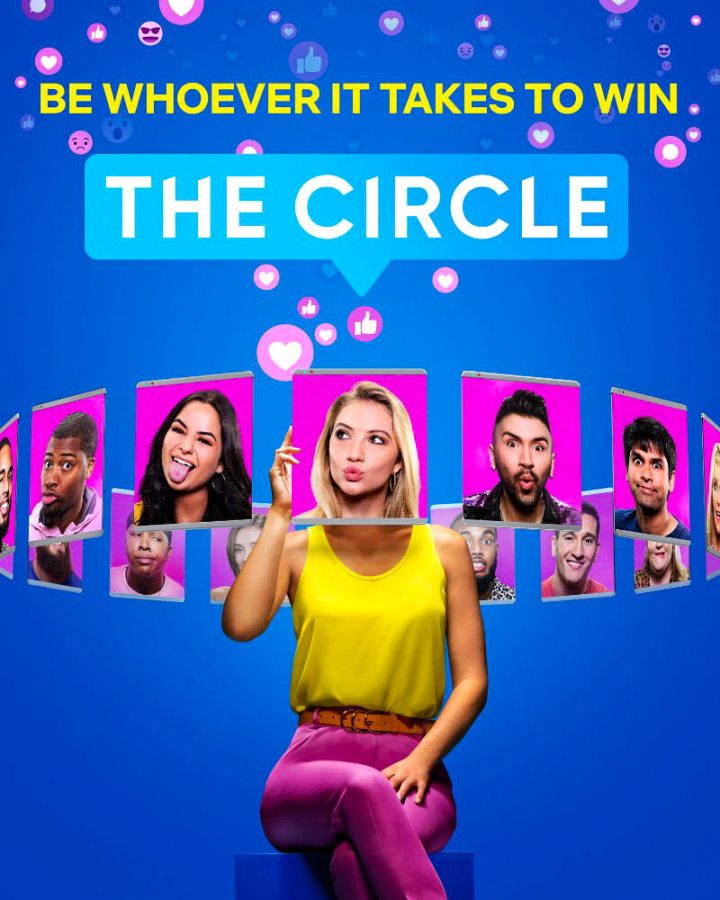“The Circle” is reality television like you have never seen it before. With two full seasons now streaming, the show has been on and off the top of the most popular shows on Netflix, and for good reason. In a set-up that eerily mirrors the quarantine period, a small number of contestants are confined to their own apartment in a massive building that seems to be possessed by the show. These contestants are isolated and can only communicate with one another through a special social media program created specifically for filming, called “The Circle.” On the social media platform, each contestant can create a limited profile, post status updates, and participate in group-chats. At the end of each day, the contestants rank each other from favorite to least-favorite. The top of the ranking list become “Circle Influencers” that then get the power to “block” whomever they choose. Whichever player can survive all the blockings and be ranked highest at the end of the game will win one hundred thousand dollars. But here’s the twist: You can enter “The Circle” as anyone: a catfish, or yourself. This means that an old man can enter “The Circle” as a twenty-year-old woman, or vice versa. As one can imagine, this creates some hilarious scenarios. For instance, in season one, the audience was able to witness a man “catfishing” as his girlfriend, and flirting with another man through “The Circle.” How bizarre is that? And it’s all in the name of the game—contestants will do whatever it takes, including fake-flirting, fake-friendships, and creating complete fabrications of their lives in order to win the prize money.
Not only is ”The Circle” hilarious due to funny catfish combinations, but it is also completely genius in creating a fishbowl view of social media. In particular, the notable fakeness of social media: How anyone can be anyone, how anyone can present their lives in any way, and how it all has a profound effect on our collective psyche. Even though the contestants of the show are well aware of the possibility of catfishes in the game, they become heavily invested in the relationships they create through the social media platform [No spoilers here, read on safely]. This sends the concerning message to viewers of the show that social media can change your real-life just as much as you can create a fake image. When people get invested in their friendship or relationship with someone they have never actually spoken to (except through text), things can get dangerous—both mentally and literally.
The ranking of people, the creation of “Circle Influencers” and the “blocking” at the end of each episode are also strikingly reminiscent of real life social media, and the way contestants react dramatically and emotionally to being made influencers, being ranked low/high, or being blocked is a display of the real effects of fake social media. When you are just tapping a screen, it can be hard to remember that your tiny movements can have large and real consequences. Seriousness aside, ”The Circle” is a brilliantly funny show, intentionally or unintentionally a satire for the ages, and will be staying on my list of favorites for a long time. Catch the full season one and season two, now streaming on Netflix. But remember: no spoilers!!! The winners must remain a secret until everyone has seen it.

